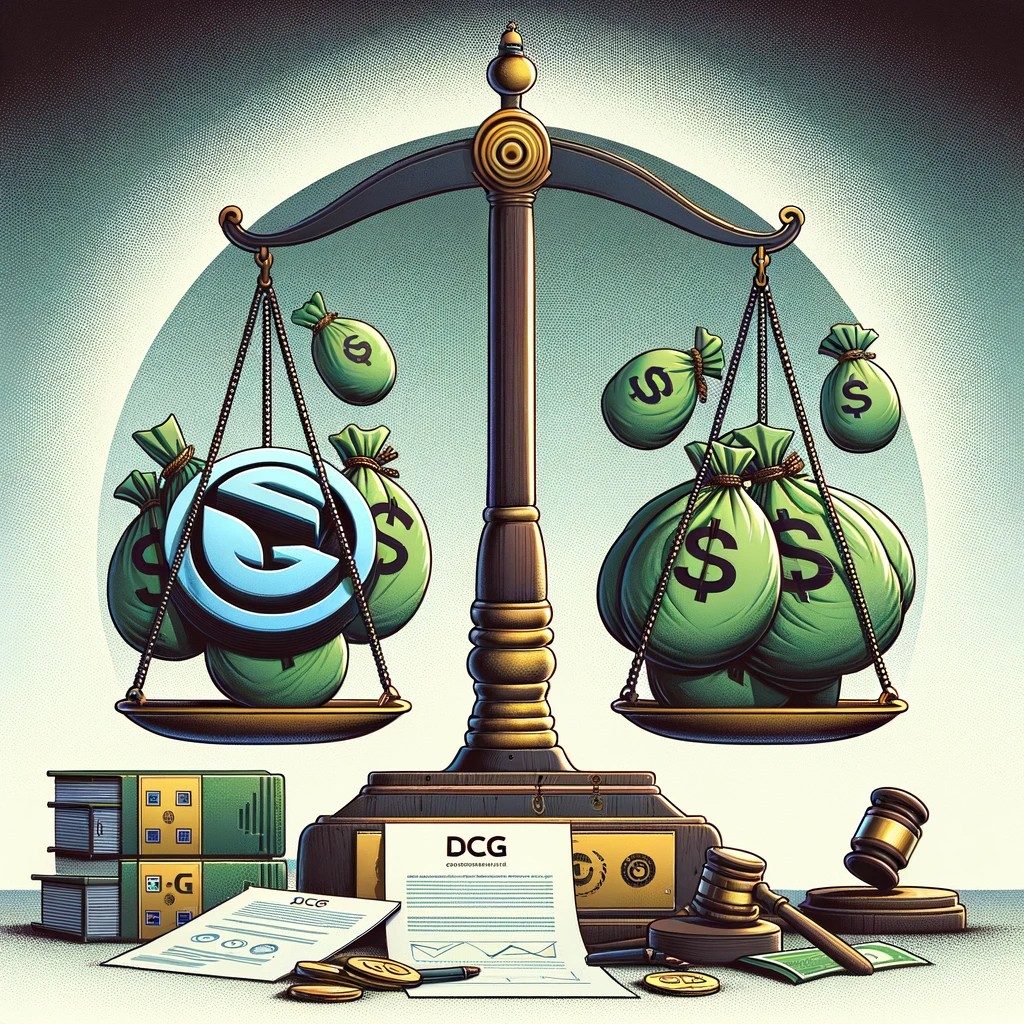U.S. Senator Cynthia Lummis has joined forces with several crypto lobbying groups and a coalition of professors to urge a federal court to dismiss a legal case brought by the Securities and Exchange Commission (SEC) against Coinbase. They filed amicus briefs asserting that the SEC was attempting to overstep its jurisdiction.
Senator Lummis files Coinbase’s amicus brief
Earlier, the SEC initiated a legal action, claiming that platforms for cryptocurrency trading, such as Coinbase, were functioning as unregistered securities exchanges, brokers, and clearinghouses, and were engaged in trading unregistered securities in the form of cryptocurrencies. Apart from the Coinbase lawsuit, the SEC charged Binance, and its U.S. division, Binance. The U.S.
According to the filing made on August 11 in the U.S. District Court for the Southern District of New York, Lummis emphasized that the present case is not an ordinary enforcement matter. The senator contended that the SEC’s legal action against Coinbase, which centers on purported securities infractions, is an endeavor to gain significant control over the crypto industry.
Various lobbying groups such as the Blockchain Association, Crypto Council for Innovation, Chamber of Digital Commerce, DeFi Education Fund, Chamber of Progress, Consumer Technology Association, along with prominent venture firms like Andreessen Horowitz and Paradigm, along with six academics, collectively submitted a total of six briefs. The amicus briefs, directed towards Judge Katherine Polk Failla, mirror the points put forth by Coinbase in its legal motion seeking dismissal of the case.
Meanwhile, the submission of amicus briefs coincided with the SEC’s resolution of comparable allegations against Bittrex, an international exchange operating in the U.S. This U.S. division of Bittrex is currently undergoing bankruptcy proceedings.
Coinbase’s motion to dismiss case
In the preceding weeks, Coinbase contended in its motion for judgment that the transactions highlighted by the SEC did not align with the criteria of an investment contract, thus not constituting a breach of securities regulations.
Most of the submitted briefs referred to the recent Supreme Court case West Virginia vs. the Environment Protection Agency, which underscored that regulatory agencies cannot unilaterally exceed their scope without explicit approval from Congress. However, a separate federal judge in the same court, overseeing a SEC case against a crypto platform, recently dismissed this argument. While rejecting Terraform Labs’ motion to dismiss, Judge Jed Rakoff explained that the cryptocurrency industry has not yet reached a level of significance that would meet the standards set by those Supreme Court precedents.
Although the House Financial Services and Agriculture Committees have advanced legislation targeting market structure and stablecoin concerns, these bills are yet to be addressed by the full House. While passage through the House seems probable, the bills’ journey through an evenly divided Senate presents uncertainties.
Lummis’s brief highlighted that legislators, including herself and Senator Kirsten Gillibrand, have recently introduced several bills. These bills are designed to explicitly delineate the boundaries of the SEC’s authority and the areas where its counterpart, the Commodity Futures Trading Commission (CFTC), holds jurisdiction.
SEC Chair Gary Gensler, who has been at the helm of the regulatory body since 2021, expressed his perspective last year that numerous cryptocurrency tokens already satisfy the criteria for securities regulation. Gensler, who has been overseeing the regulatory body since 2021, believes that the core principle revolves around a shared enterprise and the entrepreneurial effort that defines investment contracts, ultimately leading to their classification as securities.
He also noted that most tokens align with the established benchmarks set forth by our Supreme Court, and it’s within the SEC’s purview to safeguard investors and foster greater confidence in these markets. Gensler emphasized that it’s not just a matter of similarity to securities; these tokens are, in fact, securities.





